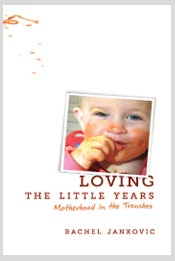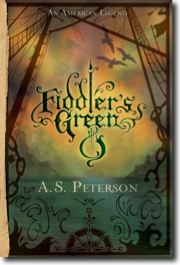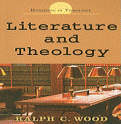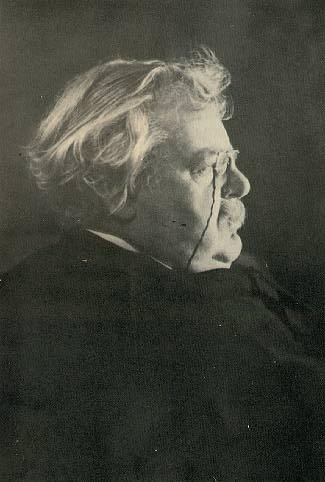Two Sundays ago I preached a sermon on Genesis 9:20-29, and was encouraged to write a summary of the exposition of the text. While such a text requires a great deal of context and nuance, and I might be more inclined for any interested parties to simply listen to the sermon, here’s the basic argumentation that I set forth.
The popular handling of the text is to lambaste Noah for his drunkenness, and to lament how even the most righteous of men are still sinners. Regarding this incident John Calvin wrote in his commentary on Genesis, “I rather suppose, that we are to learn from the drunkenness of Noah, what a filthy and detestable crime drunkenness is. The holy patriarch, though he had hitherto been a rare example of frugality and temperance, losing all self-possession, did, in a base and shameful manner, prostrate himself naked on the ground, so as to become a laughing-stock to all. Therefore with what care ought we to cultivate sobriety, lest anything like this, or even worse, should happen to us?” And that is basic presupposition we have when we read this account, cultivated from our early days in Sunday School. We start with a moralistic approach to the text, instead of a biblical-theological one.
However, a question that we do well to ask is, “Where is Noah condemned in the text?” Or for that matter, where is Noah condemned for his actions anywhere in Scripture? The simple fact of the matter is that the Bible doesn’t condemn Noah. That being the case, perhaps we should not be so quick to condemn him either. Granted, every English translation reads that Noah was drunk, and the Hebrew term can mean that. However, it is also a word that can be translated “merry” as we read in Genesis 43:33 when Joseph’s brothers return with Benjamin to Egypt. The last verse of the chapter reads, Portions were taken to them from Joseph’s table, but Benjamin’s portion was five times as much as any of theirs. And they drank and were merry with him. That is how we are to understand Noah’s drinking. In Psalm 104 we read that wine is given to gladden the heart of man (v. 15), and in Judges 9 we read about wine that cheers God and men (v. 13). Noah was not sinfully drunk, but had drunk to the point of merriness and sleepiness, and took a nap. After all, wine can have a soporific effect.
Now, another question that naturally comes to mind has to do with Noah’s nakedness. Again, the popular conception of the story is that Noah was so thoroughly drunk that he’d taken off his robes and was just passed out in his tent. However, upon closer examination, this view cannot sustained by the text either. We should not think that Noah was passed out naked in front of the opening of his tent, and Ham just happened to stroll by and finding it funny went and told his brothers. The language indicates that Noah was “in the midst of his tent.” And this would have been quite a sizable tent, and not like a tent we use to go camping. This was Noah’s house. He was in the midst of his home. Also notice that Ham had to go inside his father’s tent to see his nakedness because the text clearly tells us that Shem and Japheth were “outside” (v. 22). So, was it wrong for Noah to be naked in the privacy of his own tent, which acted as a covering for him? Not in the least. You can no more argue that his nakedness was sinful than you can that it is sinful for you to be naked in the privacy of your bedroom. So then, why was Noah naked? Because he was resting from his labors, and had removed his robe, his garment of authority. Basically, Noah was a king, and he had set aside his kingly duties for a time to enjoy the wine from his vineyard. In Leviticus 10 we see a similar pattern with the priests and Levites who were not to drink while they were serving in the tabernacle, as well as in the caution given regarding wine and kings in Proverbs 31:4-5. In other words, don’t drink on the job. Noah knows this, and so he’s off-duty when he drinks and takes a nap. This understanding of the text is further indicated by the fact that upon Ham’s telling his brothers about their father, Shem and Japheth take the garment with which to cover their father. The translations typically read “a garment,” but the definite article is there in the Hebrew, and for good reason. Ham was the one trespassing where he didn’t belong, and was making a play for his father’s authority when he took the robe, eliciting his brothers’ collusion in the rebellion. They would have nothing to do with it, and symbolically uphold Noah’s authority by placing the robe on their shoulders, and are sure not to behold their father’s nakedness. Noah wakes up from his nap, knows what his youngest son has done, and pronounces judgment (something kings do) for Ham’s sin. And notice that the judgment has to do with authority and submission, which further indicates the nature of Ham’s sin, i.e. the punishment fits the crime.
So, that’s the argument in a nutshell, and there are probably some spots where a bit more detail would be helpful, but I trust this will suffice for the moment. Also consider, that when Adam, Cain and the Sethites sinned earlier in Genesis, the text is clear about the judgment that God brought upon them as a result. Here, Noah is not judged for sin. Ham (via Canaan) is judged (and Noah is the one who pronounces the judgment!). Therefore, Noah is not at fault, and we probably owe him an apology.
(For more nuance and detail, I commend to you chapter 4 of James Jordan’s Primeval Saints, where I was first introduced to this perspective on Noah in detail. Admittedly, I was initially reticent to accept the position I’ve espoused above, but now having studied it in greater detail, I believe it is the most biblically consistent).




